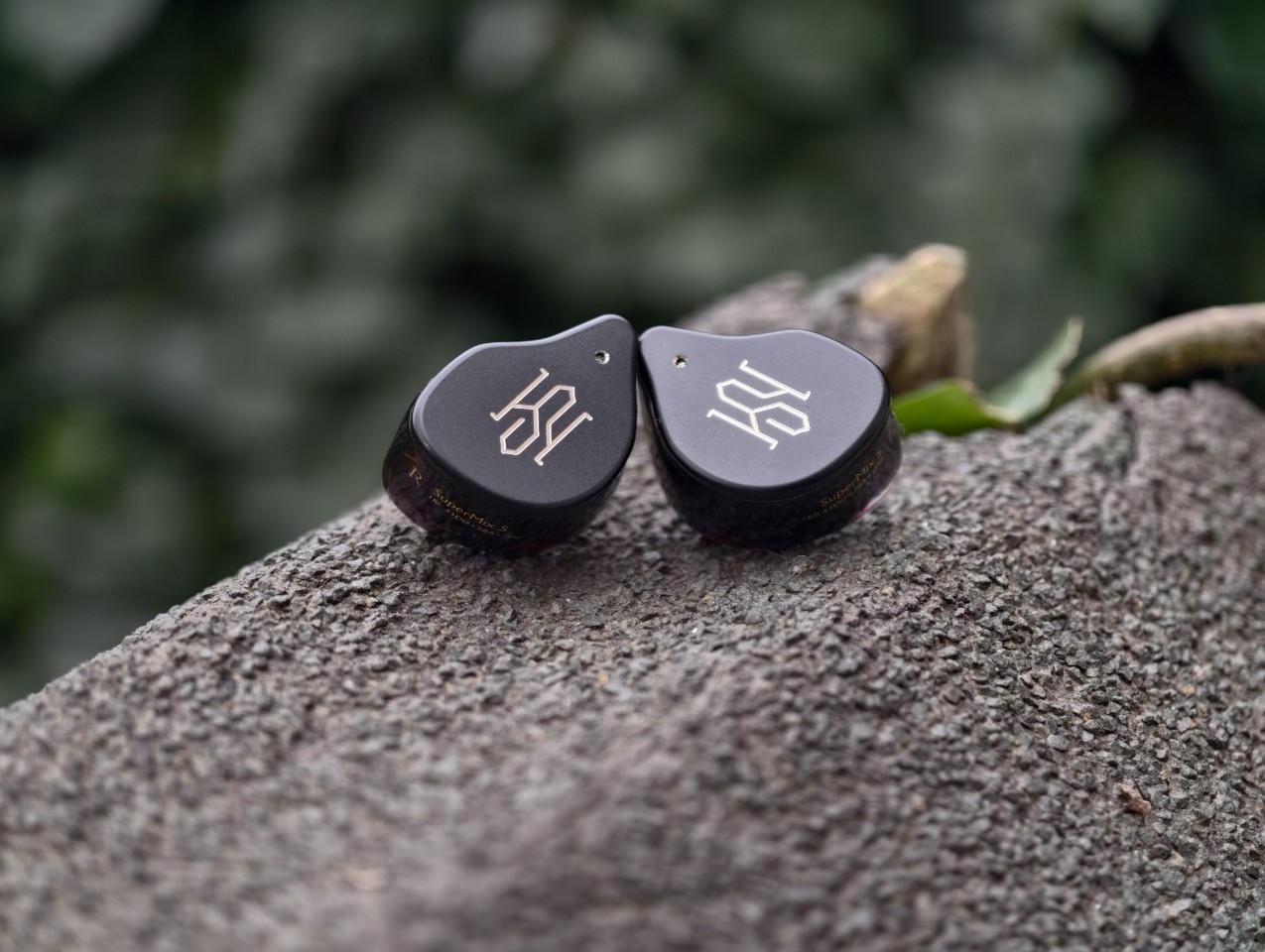Bluetooth is one of the most important open technologies in the world, right up there with Wi-Fi. While the Bluetooth spec is frequently updated, the underlying technology for Bluetooth audio, the most ubiquitous usage for Bluetooth most people depend on, hasn’t been meaningfully revamped for nearly its entire existence.

This is where Bluetooth LE Audio comes in. The spec has been available for about two years for device makers to work on, but the first products to feature it should be released this year. It promises not only to improve the experience we have with current audio use cases but build a foundation for new applications that weren’t possible before. It truly is a new generation of technology. Even better, it will be compatible with any Bluetooth 5.2 or newer-equipped device, which means most phones and audio devices from the last two years should be upgradeable to Bluetooth LE Audio via firmware update.
Nick Hunn, CTO of WiFore Consulting, and member of Bluetooth SIG, the organization that controls the Bluetooth spec. Hunn was one of the key developers behind Bluetooth LE Audio.
“We’re providing a toolbox that enables the next two decades of Bluetooth audio,” Hunn says. “We’re now ahead of the game in terms of what applications developers are looking at.”

The toolbox metaphor is the aptest way to look at Bluetooth LE audio. Yes, it will make the next generation of wireless earbuds and headphones sound and work better, but it also opens a whole new world of possibility for what and where we’ll be able to listen to as well.
The feature of Bluetooth LE Audio that will make the most immediate impact on the products we use day to day is the new audio codec the spec includes called low complexity communications codec (LC3), which is meant to supplant the SBC codec as the new baseline, royalty-free wireless codec.
LC3 offers a number of advantages to SBC, namely in the quality of the audio experienced by the end-user. LC3 not only provides better sounding audio at the data rates most current Bluetooth earbuds operate at, but can maintain that quality in use cases where the bitrate needs to be lowered.
This is where Bluetooth LE Audio will make the biggest difference for our current use cases. Earbuds and headphones that switch to LC3 as their codec over SBC will sound better thanks to a more advanced compression algorithm, while devices that do choose to lower their data rate will benefit from increased battery life without sacrificing much in quality.
Here’s a demo provided by Bluetooth SIG that illustrates LC3’s performance at various bitrates.

This is going to make the biggest difference for earbud and headphone developers with an eye on Android users. AAC, the open-source codec championed by Apple for years, has long been plagued by performance issues on Android, where it both sounds worse and uses more energy than SBC. Apple, however, uses AAC over SBC because, when the OS and hardware are optimized for AAC’s method of compression, you can get much better sounding audio than standard SBC.
If you want your device to sound better on Android phones, you need to rely on licensed codecs like Qualcomm’s aptX, or Sony’s LDAC. While these codecs do offer higher quality in the form of better performing compression, battery life, and even support for higher bitrates, earbud and headphone makers need to pay a license to each respective company in order to use them. LC3 is included with the standard Bluetooth license, so there’s no added cost to support it.

Hunn tells that inclusion of LC3 will be required in any device that wants Bluetooth LE Audio certification going forward, just like SBC inclusion is required now in the current audio spec. Given how many other technical improvements LE Audio provinces, it’s hard to see any reasonable device maker holding out.
“We believe that LC3 is as advanced as any other codec out there. There’s going to be lots of marketing jargon from [licensed] codecs, and it will ultimately be up to the platform and device makers to decide what codec gets priority, but LC3 is going to be highly competitive.”

Going forward, we could see some earbuds and headphones, especially those in the budget space, abandon LDAC and even aptX support if LC3 proves to be the leap in quality and efficiency Bluetooth believes it to be. At the least, this would mean that wireless audio battery life is about to get a lot better, but it could also mean great earbuds come down in price thanks to the elimination of license fees for aptX and LDAC.
aptX has decent odds of sticking around since it’s included with any Qualcomm SoC for phones and the company’s many chipsets for earbuds and headphones. However, Android’s support for manual codec switching means that it will at least be worth users’ time to A/B test LC3 against aptX to see if they can tell the difference.


